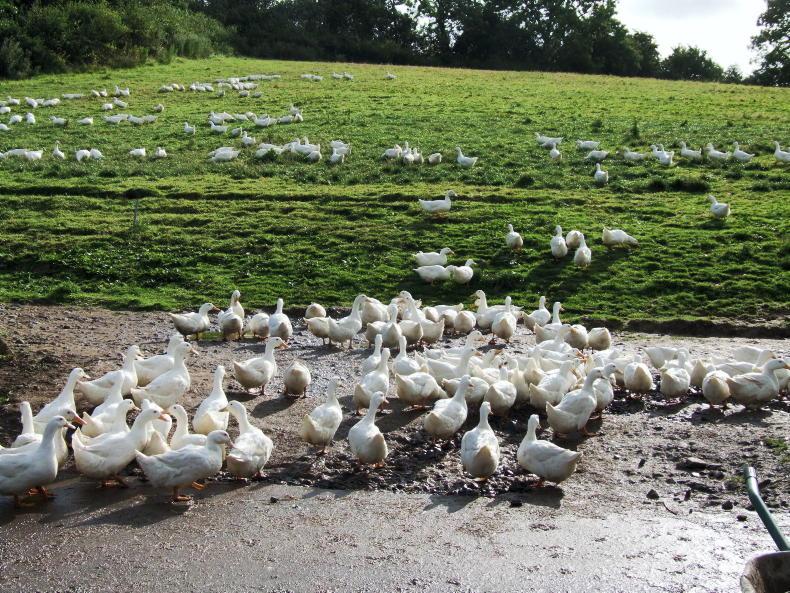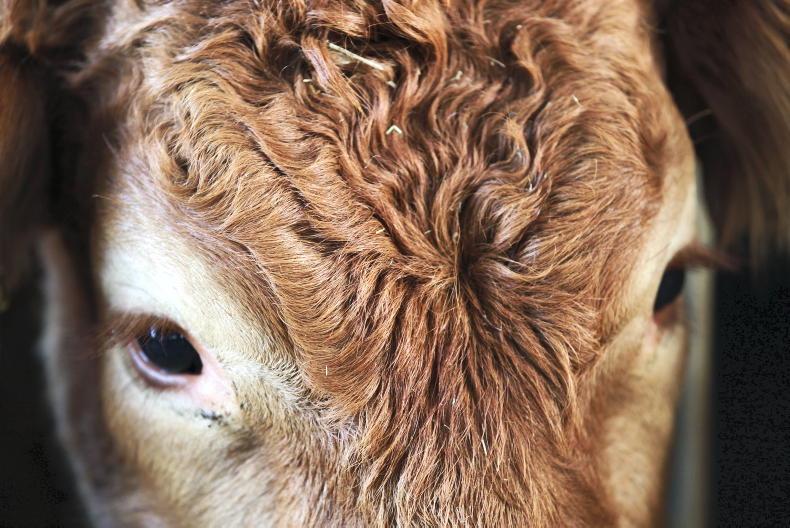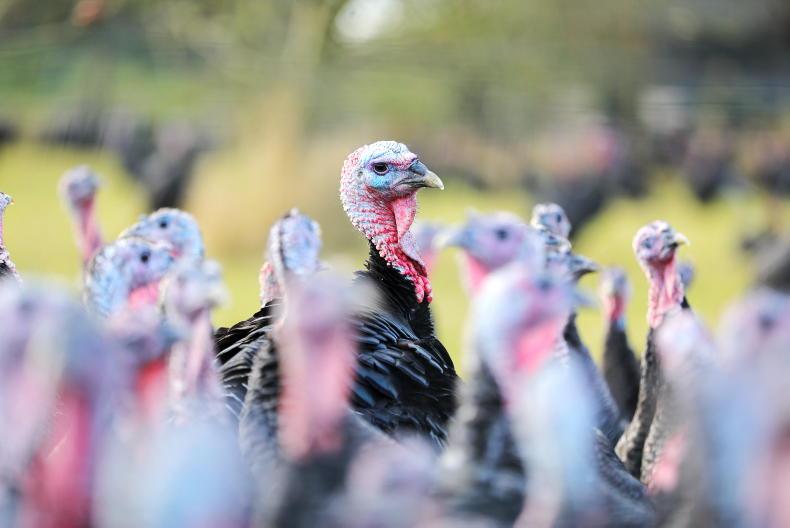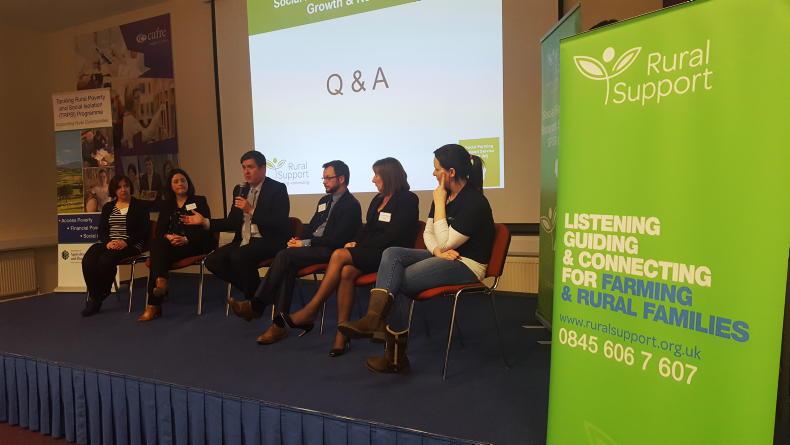Some 27,000 ducks have been culled due to a suspected case of notifiable avian influenza on a commercial duck premises in Aughnacloy, Co Tyrone.
Following the suspected case, which was reported to the Department of Agriculture, Environment and Rural Affairs (DAERA), Northern Ireland’s chief veterinary officer Robert Huey has put disease control measures in place.
"I am extremely concerned about the serious risk of spread and this is a very worrying development," he said.
"It is vital we act swiftly to try and limit the spread of any potential disease."
These measures were based on a number of factors, including the clinical signs, preliminary results provided by the Agri-Food and Biosciences Institute (AFBI) and the recent confirmed cases of highly pathogenic avian influenza H5N1 in Co Monaghan.
Wild birds
There have also been a number of confirmed cases of notifiable avian influenza in wild birds across Northern Ireland.
Huey said: “A suspect case of notifiable avian influenza (AI) was reported to the Department on Tuesday 30 November and initial results suggest the presence of notifiable avian influenza, alongside the recently confirmed cases in Co Monaghan, as well as a number of confirmed cases in wild birds across Northern Ireland.
“Samples have been sent to the national reference laboratory to confirm strain and pathogenicity.
"Should highly pathogenic AI be confirmed, these TCZs [temporary control zones] will be revoked and a 3km protection zone (PZ) and 10km surveillance zone (SZ) established," he said.
No room for complacency
Huey warned flock keepers to urgently take steps to protect their birds and said: “Given this suspected incursion of notifiable AI, we cannot afford to be complacent.
"I am speaking to those who have half a dozen birds in the garden, right up to those commercial flock keepers with thousands of birds.
"You must adhere to all biosecurity measures to protect your flock."
Members of the public are encouraged to report dead waterfowl (swans, geese or ducks) or gulls, or five or more dead wild birds of other species in the same location, to the DAERA helpline on 0300-200 7840.









SHARING OPTIONS